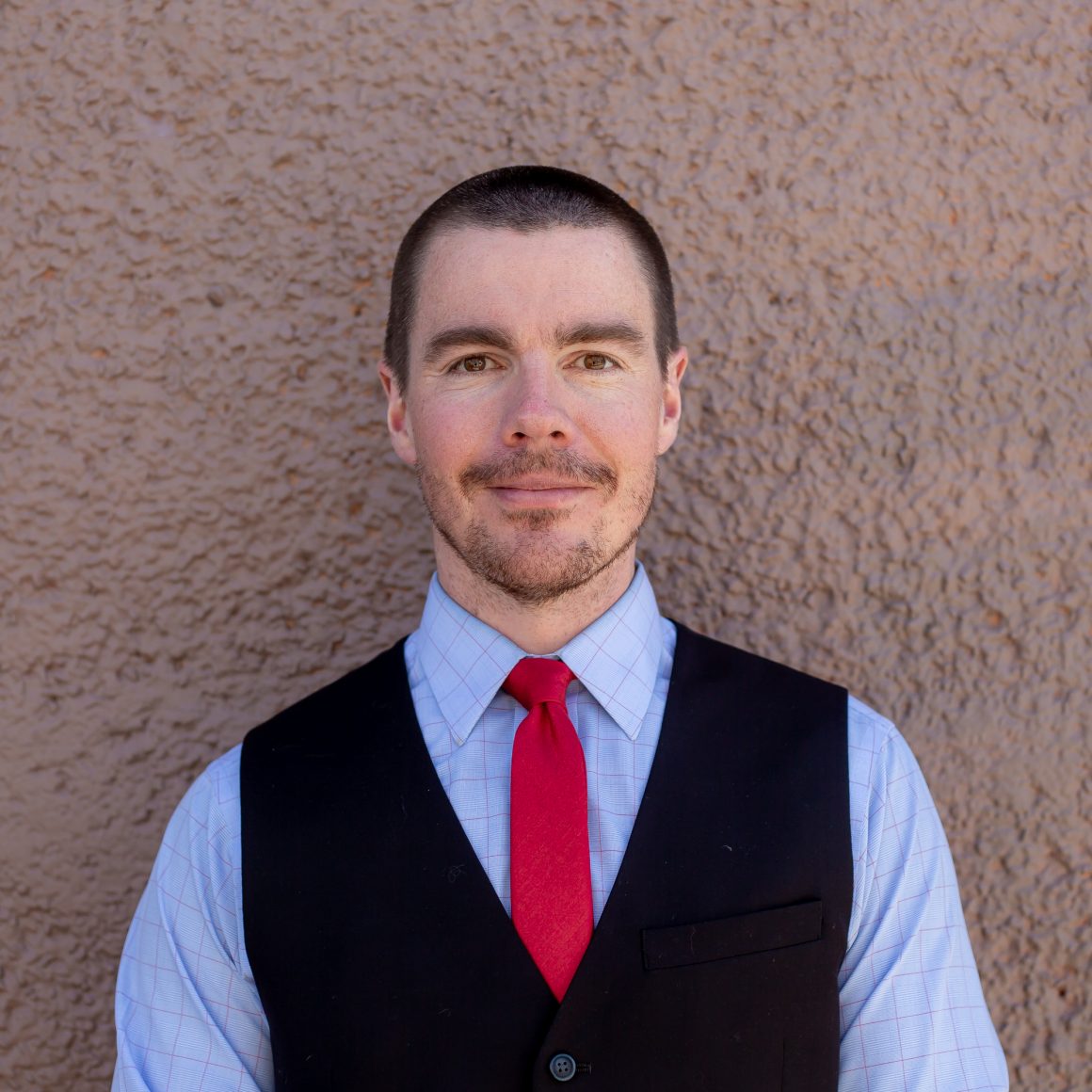
Calgary-Varsity Q&As: Liberal Party candidate Ryan Campbell
Ryan Campbell is the Liberal Party candidate in Calgary-Varsity. He is self-employed as an industrial hygienist.
The Gauntlet: Why should students vote for you?
Ryan Campbell: Well, as the Alberta Liberal candidate for the riding, we really want to focus our platform on increasing access to post-secondary education. Here in Calgary-Varsity, obviously that means University of Calgary. And what we want to do is try and make it more accessible to low-income students, as well as helping to ensure the deferred maintenance that’s happened at our educational institutions gets corrected. That’s what we want to do and we also want to boost by 25 per cent the number of science, technology, engineering and math grads within the next five years, so really we would be looking at expanding post-secondary space to do that.
Gauntlet: What are some of the biggest issues facing constituents, in your opinion, in Calgary-Varsity?
Campbell: The one thing that I found in talking to the people while I’ve been out and about and knocking on doors is that the economy is first and foremost in people’s minds. But what they’re also concerned about — especially in Calgary-Varsity — is health care and educational issues. Both health care and education are pretty primary to the folks who live in Calgary-Varsity, so they’ve been interested in what we would do for health care and education and what that means for the economy. And also there’s the issue with oil and gas, as well as the resource economy. Calgary-Varsity I found has been more health care- and education-focused while still worrying about oil and gas.
Gauntlet: The current government has tied post-secondary tuition in Alberta to the rate of inflation. Do you think that this is an appropriate solution for students, and if not, how would you approach post-secondary tuition policy if you were elected?
Campbell: With tuition, obviously we need to make it more affordable for people to get post-secondary education, whether that’s at the university or the trade-school level. Fundamentally, we need to make sure we have a well-educated workforce. Well-educated folks — I mean that’s really what a strong economy is grounded in — is a healthy and well-educated workforce. So what we really want to do is just make sure tuition is affordable and where folks have issues with tuition, we want to try and do what we can to put in place programs that would allow them to attend without being a massive financial burden for them.
Gauntlet: Tuition still isn’t regulated for international students. How would you approach the issue of international student tuition if elected?
Campbell: We have a very enviable education system, so while we need to have international students, we also need to make sure that we’re looking after some of our local folks as well. In terms of regulating tuition, I don’t know that we would necessarily see that there’s a need to regulate it. We would probably look towards putting that into the university’s hands as opposed to cracking down with government regulation.
Gauntlet: Do you support a lower minimum wage for youth workers?
Campbell: No. I think the minimum wage should be the minimum wage. It’s hard to make a go of it, I mean, $15 an hour? The minimum wage should be the minimum wage. There’s other ways that we can support small business to make it so they can afford to pay the $15 an hour, so no, I would like to see one wage for everyone.
Gauntlet: Many are considering this a two-party election between the NDP and the UCP. How will you convince voters to vote for you?
Campbell: It’s actually pretty close to my heart because it’s one of the reasons why I got involved, is that I saw that, you know, there’s this idea that it’s a two-party election, it’s black or white. I was frustrated because it just failed to really encompass someone like myself who’s in the middle, who believes that we can have a fiscally responsible government while at the same time looking after our environment, health care and education.
That was really why I got involved. And I think there’s a lot of people who agree with that — that’s certainly what I’ve found when I get to talk to them, is that there is this middle ground, we can have a strong economy, support oil and gas, while at the same time taking action on climate change, taking action on environmental and health-care issues as well. The two don’t need to be mutually exclusive, which is what you see some of the other parties who are running, so that’s really what I want to do, to say that there is a centrist option out there — it doesn’t have to be a UCP or an NDP election. And I’m realistic about how it is in Alberta right now, but I really do feel like in Calgary-Varsity there’s an opportunity for someone with more centrist views to do that.
This interview has been edited for clarity and brevity.
Read our other candidate interviews here:
New Democratic Party candidate Anne McGrath
United Conservative Party candidate Jason Copping
Green Party candidate Cheryle Chagnon-Greyeyes
Alberta Party candidate Beth BarberreeLiberal Party candidate Ryan Campbell
